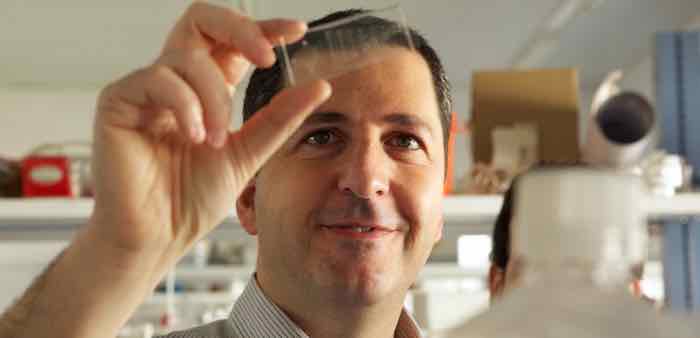Israeli human-on-a-chip platform has the unique ability to predict risk of toxicity in pharma and cosmetic product candidates without animal testing
Radical new drug-testing tech could dramatically cut animal testing

After spending an average of $2.5 billion to develop a single new drug, sometimes pharma companies have to pull it from the market due to a bad outcome that was not detected in clinical studies.
That’s what happened in 2000, when a promising Type 2 diabetes drug called troglitazone led to idiosyncratic (unexplained) liver damage in one of every 60,000 users.
The troglitazone mystery wasn’t solved until March 2016, when a novel “liver-on-a-chip” platform developed by Hebrew University of Jerusalem Prof. Yaakov Nahmias revealed what no animal or human tests could: even low concentrations of this drug caused liver stress before any damage could be seen.
“It was the first time an organ-on-chip device could predict information to help pharmaceutical companies define risk for idiosyncratic toxicity,” Nahmias tells ISRAEL21c. --
More...
ISRAEL21c -- Bio and
Archives |
Comments
ISRAEL21c was founded in 2001, in the wake of the Second Intifada, to broaden public understanding of Israel beyond typical portrayals in the mainstream media.
The organization’s founders – Israeli-American technology executives – understood the great power of the Internet and developed a first-of-its kind online product with global appeal and reach.
